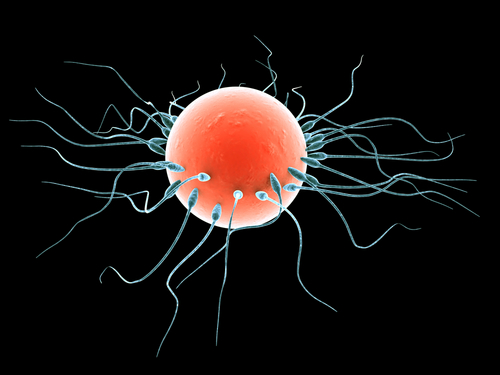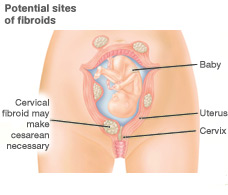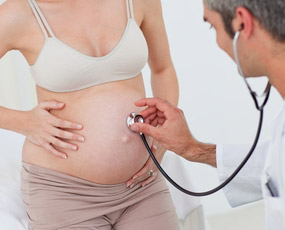Headaches
Many women experience headaches during pregnancy due to hormonal changes. Occasionally headaches can be a sign of high blood pressure or preeclampsia. Unfortunately, we don’t have much control over hormonal changes but we can make sure the headaches aren’t caused by any other factors. Stay hydrated, get a full night’s sleep each night, and relax! (Stress is the cause of many headaches), eat well balanced meals to ensure you are receiving all vital nutrients.
Body aches

Back pain is a common complaint throughout a women’s pregnancy. As the abdomen expands and hormones change, pressure is placed on the lower back, buttocks, and pelvis. With this added discomfort it is extremely important to stay aware of your posture. Poor posture will only increase back pain. Massages and heat packs are always the best option to reduce lower back pain, but if you are on the move make sure not to wear any shoes with a heel. Athletic shoes with arch support are a great option due to their added support, light weight, and flexibility. Athletic shoes can expand with the natural swelling of your feet while supporting your lower back. A body pillow will do wonders for your lower back while sleeping at night. Depending on your preference body pillows can be used in many positions to relieve added pressure (between legs, under lower back, supporting the stomach, and along the full length of your back.
Heartburn

As your pregnancy progresses and the baby, grows more women experience frequent heartburn. This is just caused from increased hormones slowing the digestion process and the growth of the baby pushing against the stomach. Acid travels back up the esophagus causing a burning feeling and added discomfort. To help prevent this, avoid caffeine (which should be avoided for many reasons during pregnancy), eat smaller meals more often so your body only has to break down small amounts each time. Stay Hydrated, again making sure you are constantly hydrated will help your overall health. Avoid foods that are greasy, spicy, or highly acidic; all of which severely impact the frequency of heartburn.




